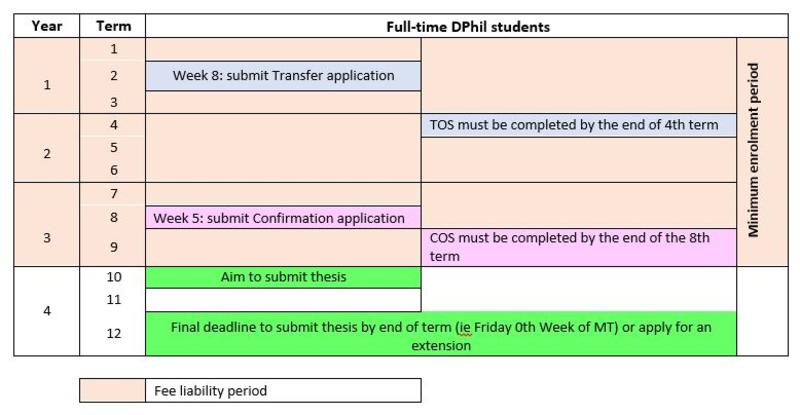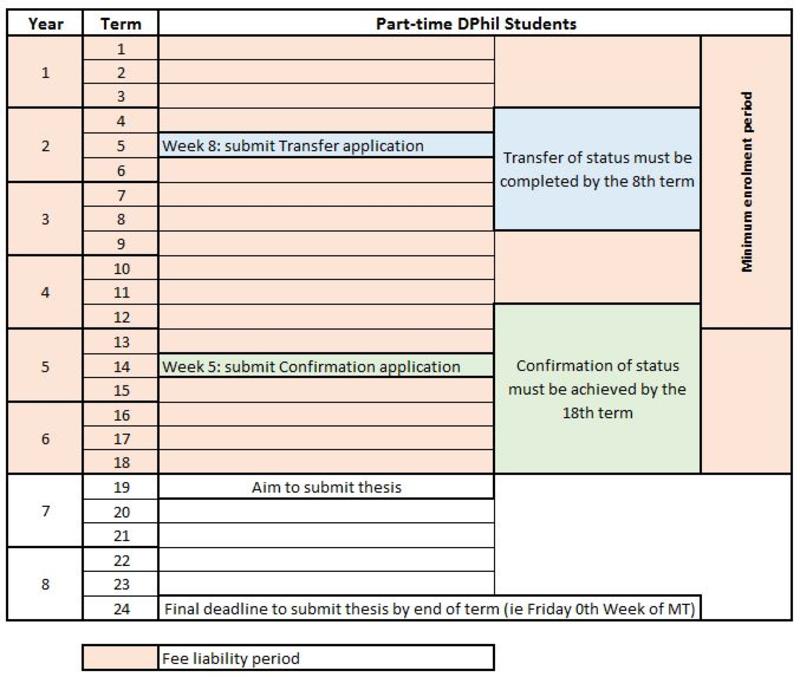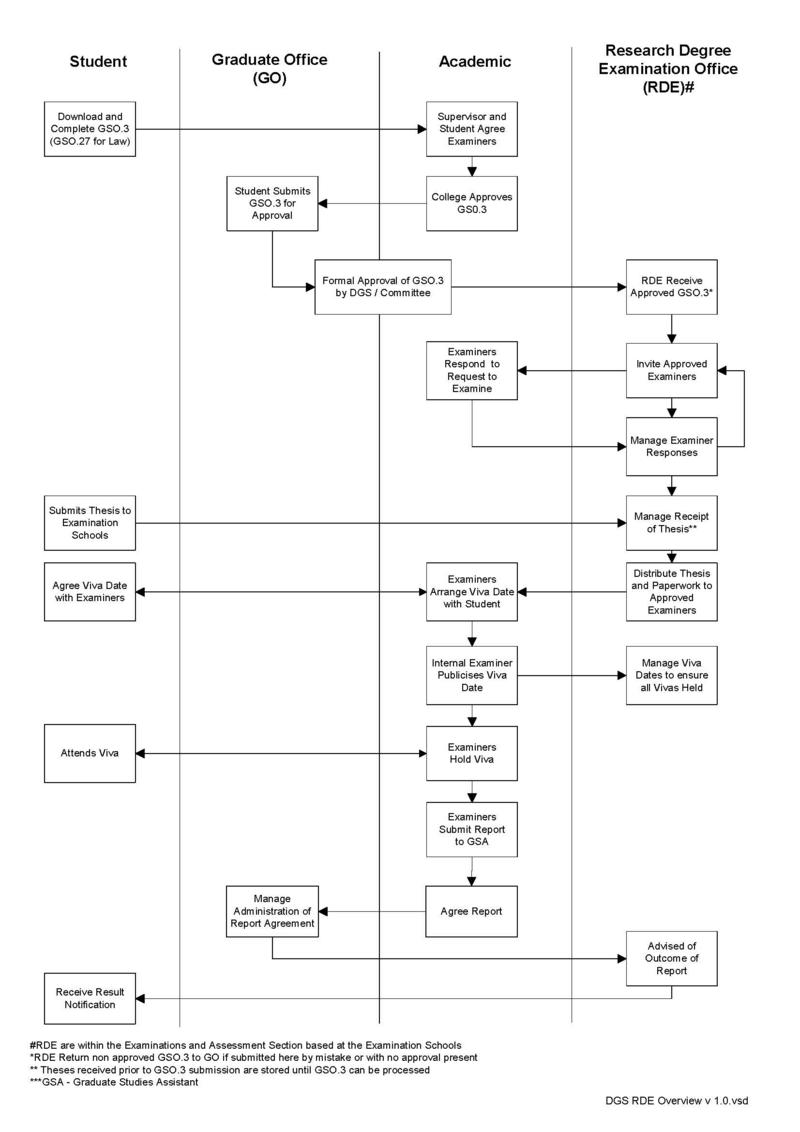When you were admitted to Oxford, the Faculty appointed a supervisor, or supervisors, with expertise in the general area of your research project, to help you develop your doctoral research and write your thesis. It is normal to have a single supervisor, although some students are jointly supervised, usually because their specific project will particularly benefit from the input of more than one scholar.
You and your supervisor(s) should aim to build a professional working relationship, with clear and mutually-agreed expectations. Your supervisors are very busy people, with multiple roles and responsibilities, and you must bear that in mind; however, you are entitled to their help and support. If there are things you are not happy with, you should aim to raise them with your supervisor(s) in the first instance: your supervisor(s) will want to do their best for you and should be receptive to reasonable requests. If problems arise in your working relationship with your supervisor, you should speak in the first instance to your College advisor and/or Tutor for Graduates, and then if necessary to the Faculty’s Director of Graduate Studies.
Both you and your supervisor/s have responsibilities to support you to do the best work you can. Your relationship with your supervisor/s is likely to work best if you work according to the framework set out below.
The role of the supervisor
- Establish a timetable of regular meetings for detailed discussion of your progress
- Agree a research plan and programme of work, and to establish clear academic expectations and milestones
- Agree with you a timetable for the submission of written work and to return your work within a reasonable time
- Support you in considering your subject-specific, and more general professional skills training needs, and ensure as far as possible that these needs are met
- Co-operate with you to produce reports on your progress at the end of each term
- Ensure you are aware of the formal requirements in relation to transfer and confirmation of status and final submission, and help you to incorporate these into your plan of work
- Discuss any health and safety aspects of your research proposal and approve any risk assessments required
The role of the student
- Maintain regular contact with your supervisor, and respond to them in good time
- Meet with your supervisor regularly, keep a written record of your discussions, and give due weight to any guidance or corrective action proposed
- Draw up a research plan and timetable of work in consultation with your supervisor, and to keep relevant records of all aspects of your work
- Co-operate with your supervisor to report on your progress at the end of each term
- Take responsibility for your research programme, including the development of subject-specific, research, and professional skills
- Take responsibility for (i) the preparation and content of your thesis, giving due regard to any advice from your supervisor, and (ii) its timely submission in accordance with the timetable set
- Be aware of the University’s guidance on plagiarism and of any ethical or legal issues, health and safety requirements, or intellectual property issues arising from your research
- Pursue opportunities to engage with the wider academic community at University, national and international levels
This guidance was taken from the University’s Policy and Guidance on Research Degrees.
If you feel that you need to change your supervision arrangements, you should – if possible – discuss that with your existing supervisor(s), but you are also welcome to contact the Director of Graduate Studies (via graduate.office@history.ox.ac.uk) if you want further advice.
Applications for a change of supervision arrangements are made on the form GSO.25, found on Student Self Service: see section 3, below.
If you find yourself in difficulties that can’t easily be resolved with your supervisor, you should speak in the first instance to your College advisor, or, if necessary, contact the DGS directly (as above) and talk to them on a confidential basis; the DGS will try to work with you, your supervisor(s) and others as necessary to find a solution.
Do not feel that you are alone if you are having issues with your supervisor(s) – the Graduate Office is here to help!
How frequently you see your supervisor is a matter to discuss and agree with them. At the start of your project, you may meet more frequently – perhaps 3 to 4 times a term (some of these meetings might take place outside the 8 weeks of “full”, i.e. teaching, term).
As you advance in your work, and particularly if you go away to work in archives or in the field, you may meet less frequently – perhaps once or twice a term. The important thing is that you and your supervisor are happy with the frequency of contact: there are no hard and fast rules for what is appropriate.
Your supervisor will report on your progress once a term, using the online GSR system. It is strongly advised that you also report on your work, and you will often find that your supervisor’s comments are better targeted if you do that.
It is important to file a report on GSR if you are having difficulties, so that any concerns you have are raised with the DGS. It is particularly important that these reports are completed if you are here on a Student visa; the University is required by law to monitor students’ on course attendance, and regular progress reports greatly assist with this. .
Note: Your report must be written within a fixed window (email prompts from GSR and the office will tell you when that is).






